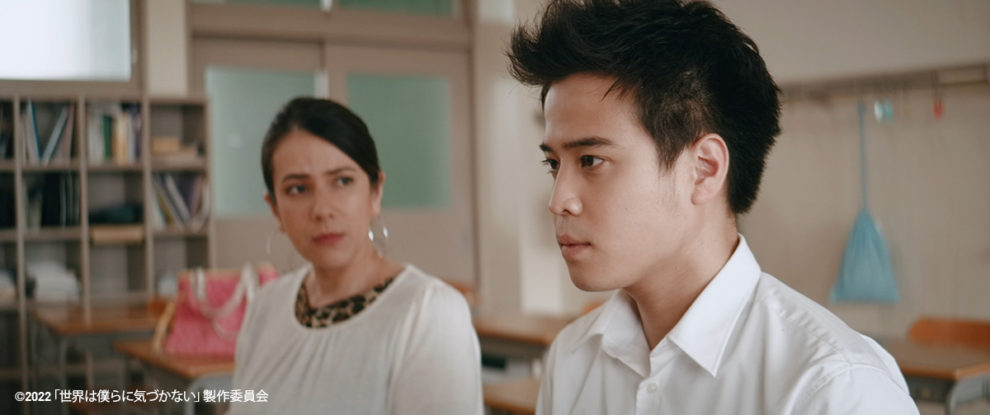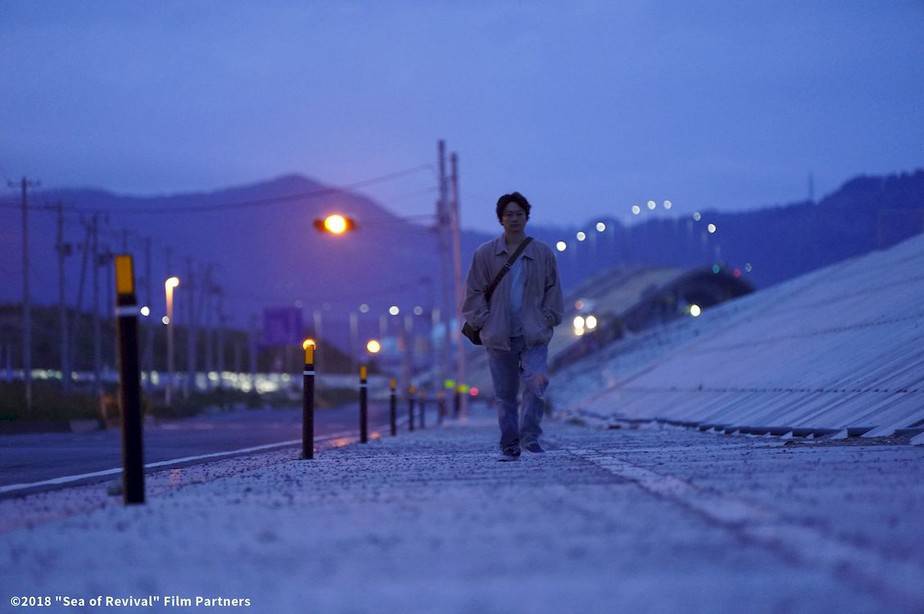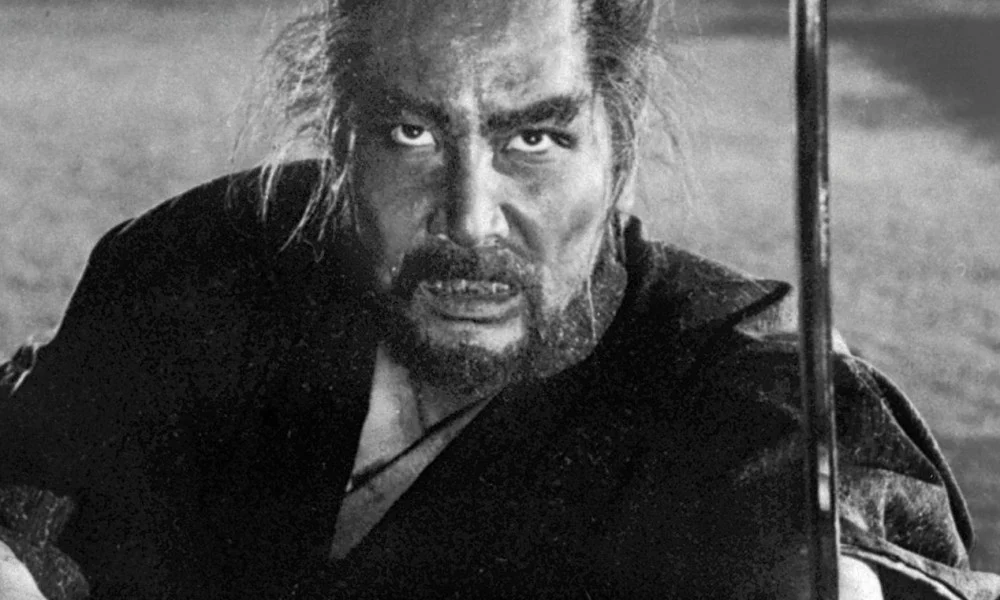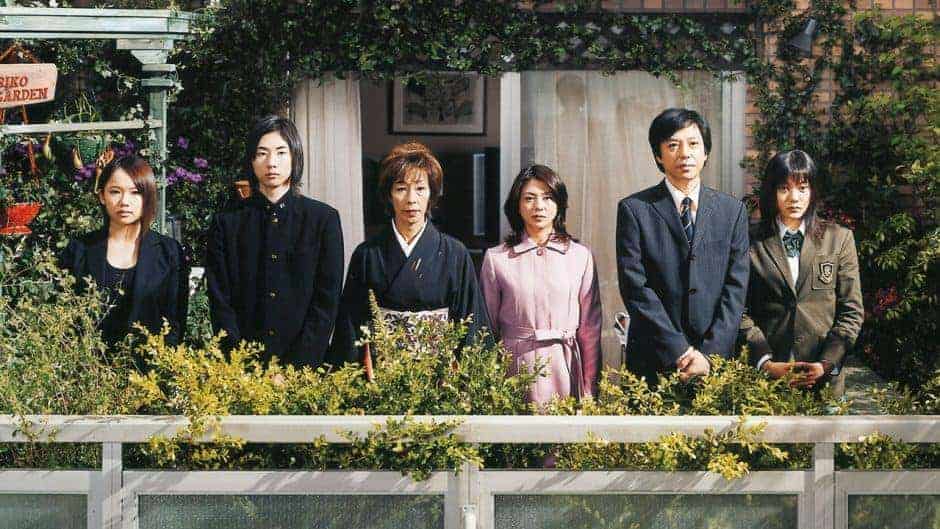Jun (Kazuki Horike) is angry the way some people get angry without anyone knowing why, them least of all. He will walk a very long, angry walk before realizing what stands in his way, and why he hates both his mother Reina (singer and actress GOW) and his life that much. Life is oh-so- terrible, nothing makes sense, not even love for his schoolmate (Masafumi Shinohara ) whose whole family wholeheartedly supports their relationship, and there are all kind of scenarios running in June's head. He is not excited about the talk of Oizumi City recognizing same sex marriages, and generally, all the talk about future makes his head spin. This stubborn attitude towards life makes him unlikeable deep into the film's plot, and only the end will justify his seemingly endless fit of temper tantrums.
Angry Son is screening at Osaka Asian Film Festival
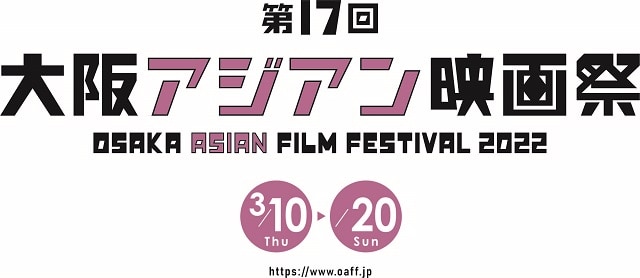
June does have a reason or two to be pissed off. Born out of a mixed family, with a Filipina mother who came to the country to make enough money to support her relatives back home, she forgot about the unwritten Japanese laws about the inlanders and the others. A kid by a foreign mother who works as an escort, obviously doesn't have an ideal ticket to society, although even if the mother weren't an escort, the situation would most probably not be much different. The teen is haunted by his childhood marked by bullying, and he still feels pretty much outcasted. Moreover, he believes that he never had real support by his mother who, he feels, should have done something to stop the discrimination. Somewhere at the back of his mind, June must be aware of the naivety of such presumptions, and he becomes obsessed with finding his father, probably to put a chunk of the blame on his other parent.
In the script for his debut feature “Angry Son”, Kashou Iizuka addresses some of the problems foreign workers face in Japan, the same which automatically get inherited by their children. Jun's mixed background is visible to the eyes of his schoolmates – for them, optically he is more of Fillipino than Japanese although his behavior can't be more Japanese. For instance, he is ashamed of his mother's spontaneous reactions to situations even in moments when there is absolutely no need for it, and unaware of the injustice he is causing, he is nevertheless fighting windmills.
The characters in “Angry Son” are written with the finest precision, but one wishes that Gow would be less about gesticulating and overdoing the ‘fits' in a stage manner. Despite, or maybe even due to this, the on-screen connection between Reina and June comes across as genuine with arguments exploding like firecrackers in front of the audience. Their roles are mostly reversed: the son is more than often parenting his mother, who has no time to spare on such trifles like paying the bills, and who can't get out of the bed in the mornings.
Drama and comedy come together in this in-depth film about a complicated parent-child relationship, burdened with more problems than an average one-racial family would have to deal with. At the same time, it is a coming-of-age story about a teen who still has to accept who he is, but is expected to make big decisions rather soon.
The movie has just had its world premiere at Osaka Asian Film Festival, and considering the universality of its multy-layered plot, it stands a big chance of making an intense international festival round.


